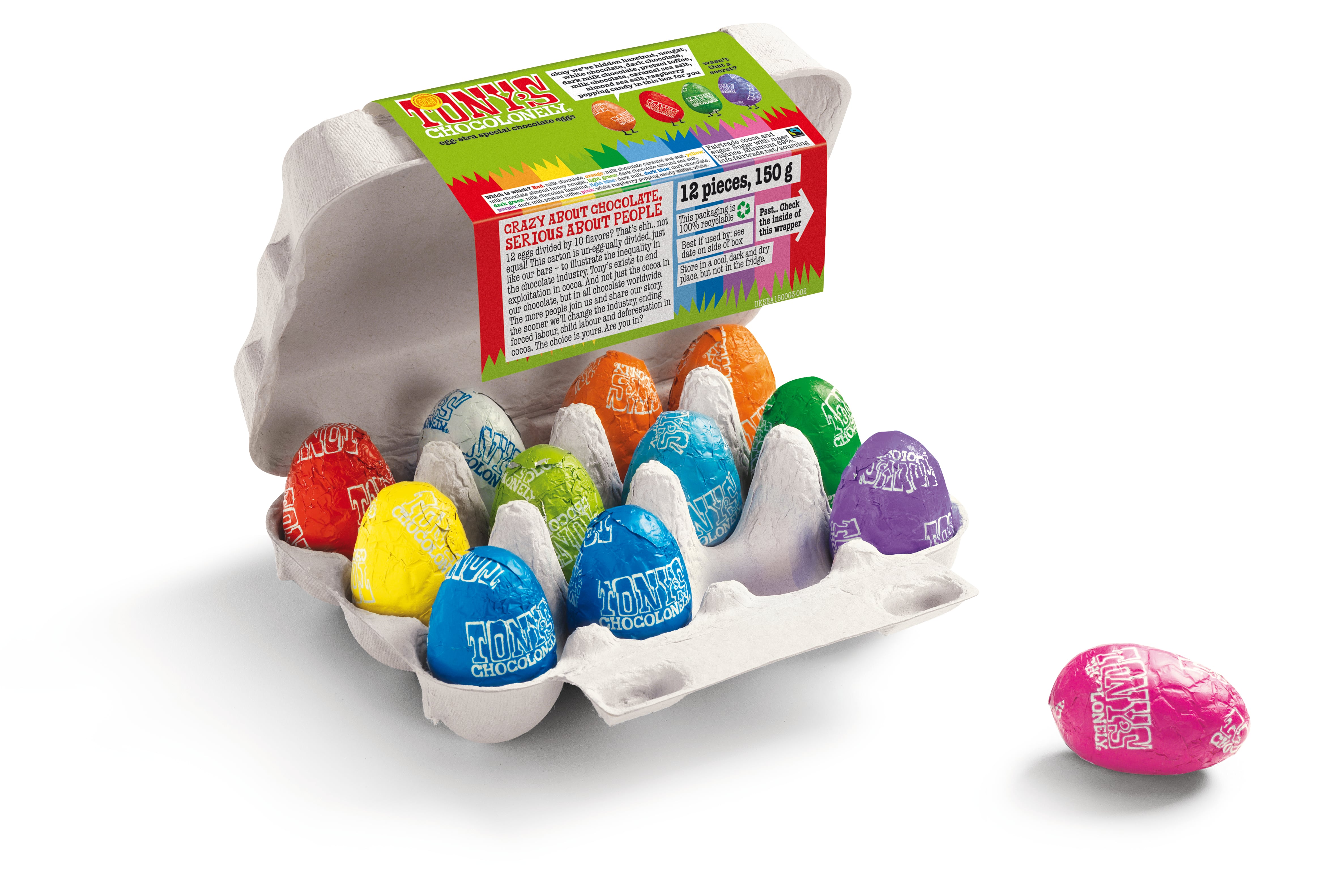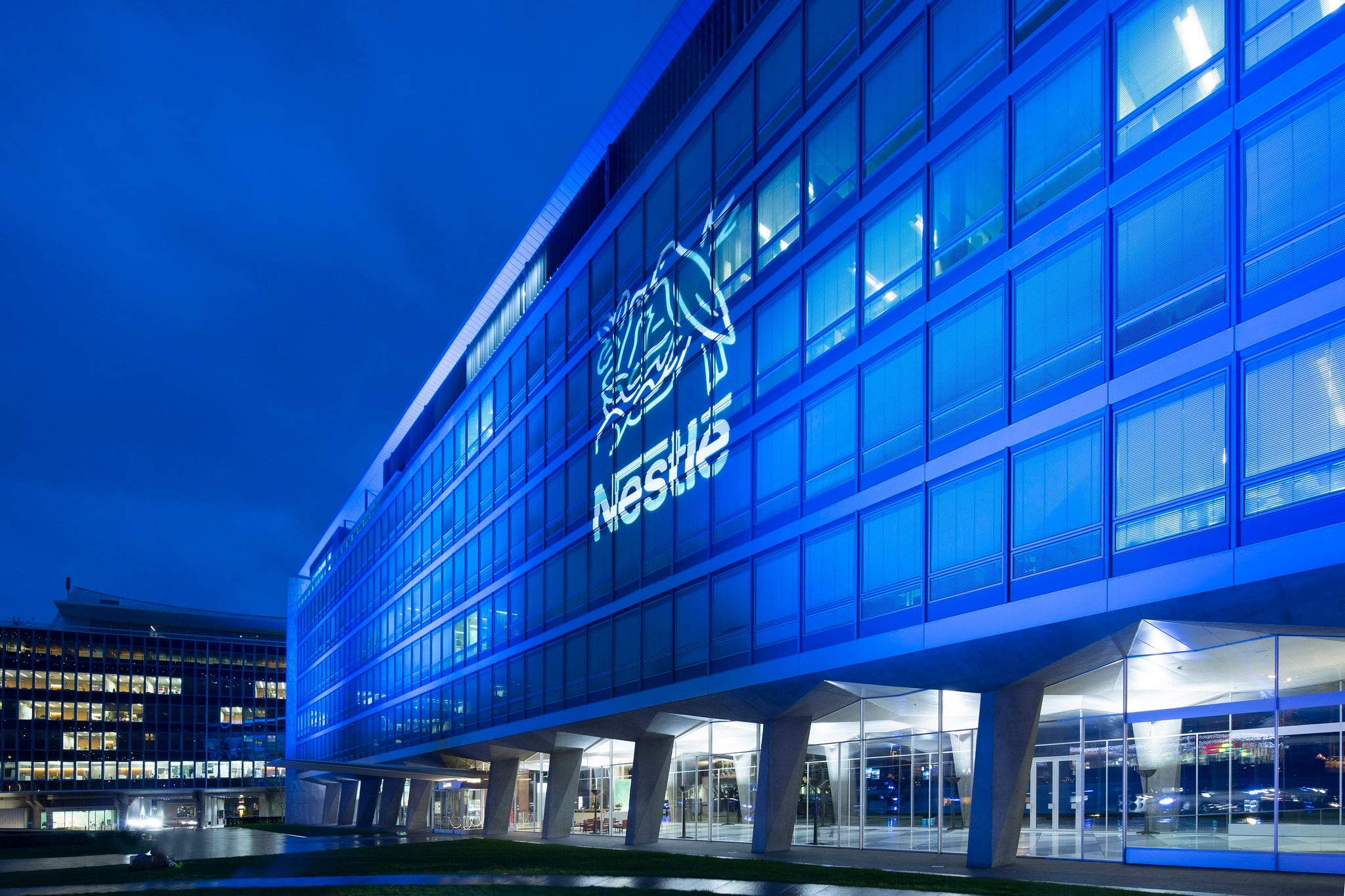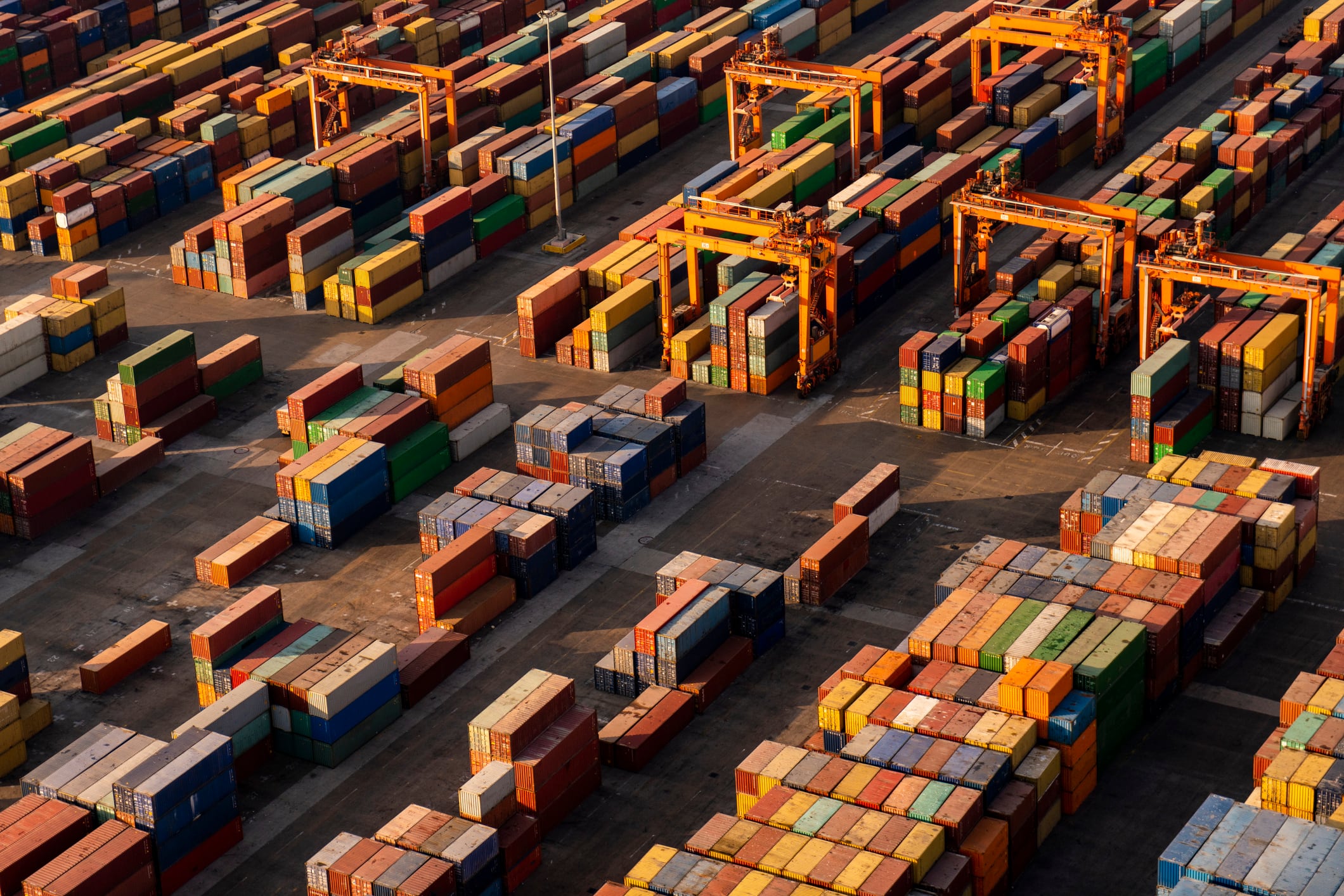Dutch chocolate brand Tony’s Chocolonely has emerged as the most ethical and sustainable large-scale chocolate company globally, according to the newly released 2025 Chocolate Scorecard. The company earned a score of 91%, ranking in the top two for every major category assessed — traceability, living income, child and forced labour mitigation, climate and deforestation, and pesticide use.
Published by the not-for-profit coalition Be Slavery Free, the Chocolate Scorecard evaluates over 60 medium and large chocolate manufacturers, small companies, and retailers. It offers one of the most comprehensive and transparent assessments of sustainability performance currently available to the industry.
A strategic tool for benchmarking sustainability progress
The Chocolate Scorecard measures company performance across six key criteria:
- Supply chain traceability and transparency
- Commitment to ensuring a living income for cocoa farmers
- Actions taken to prevent child and forced labour
- Efforts to combat deforestation and climate change
- Implementation of agroforestry practices
- Regulation of pesticide use
The framework was developed in consultation with sustainability experts, cocoa industry stakeholders, civil society groups, and academic researchers. For B2B stakeholders, the Scorecard is fast becoming a reference point for ethical sourcing strategies, supply chain audits, and ESG reporting.
Beyond Good and Coop also lead by example
Among small companies, Beyond Good – which sources directly from Madagascar – received the highest overall score at 94%, alongside a Good Egg Award for its commitment to radical transparency.
In the retail segment, Coop led the field, scoring 80% for its ethical sourcing policies and implementation.
Sustainability challenges persist across the value chain
While the scorecard highlights clear frontrunners, it also underscores ongoing sector-wide issues. Only 12% of surveyed consumers indicated a willingness to pay more for chocolate sourced from regenerative agriculture, a statistic that reveals persistent pricing sensitivity and limited understanding of sustainability claims.
Meanwhile, regulatory frameworks are reshaping expectations. The EU Deforestation Regulation (EUDR), coming into force in 2025, is already prompting major shifts in how cocoa is sourced, labelled, and reported. Countries like Côte d’Ivoire, Ghana, and Peru have established or are piloting national traceability systems in preparation.
Reputation risk: the consumer trust deficit
Despite corporate reporting improvements, consumer trust remains fragile. According to Be Slavery Free, chocolate brands are frequently seen as non-transparent, detached, or overly reliant on greenwashing and bluewashing tactics.
“Chocolate companies and their brands are often seen as ‘up there’, ‘out of reach’, and ‘opaque’,” says Fuzz Kitto, co-director at Be Slavery Free. “Consumers don’t read reports and hate having to go through screeds of words to find information.”
To bridge this gap, a consumer-facing app is being developed – due by the end of 2025 – to deliver real-time ethical ratings at the point of sale.
How to improve Chocolate Scorecard performance

Companies looking to enhance their standing in the Scorecard – and build resilience against future reputational risk – should prioritise:
- Improving supply chain traceability
- Securing living incomes for farmers
- Investing in deforestation-free sourcing models
- Collaborating with governments and NGOs on third-party verified systems
All four are important, advises Kitto: “Score better on each question and in each section. If you only have 50% traceability, you will not score well in that section or be able to do more in developing the other sections.”
Certifications and systems to watch
- Fairtrade, Rainforest Alliance, and UTZ remain trusted certifications for buyers and B2B partners assessing supplier claims.
- National traceability platforms are expanding, supported by the UNDP in countries like Ecuador and Costa Rica, where businesses such as Lavazza and Silva Cacao are piloting deforestation-free cocoa production.
- Leading brands are also publishing responsible sourcing roadmaps, tied to SDGs and internal ESG frameworks.
Implications for procurement, compliance, and ESG reporting
For procurement professionals, category managers, and sustainability officers, the Chocolate Scorecard offers a critical lens on which chocolate brands are walking the talk on ethical sourcing. With increasing pressure from both regulators and consumers, chocolate manufacturers need to demonstrate not only policy intent, but implementation at scale.
In a sector where scrutiny is intensifying, companies that act decisively on sustainability – like Tony’s Chocolonely – are setting the pace and shaping the future of ethical chocolate.




